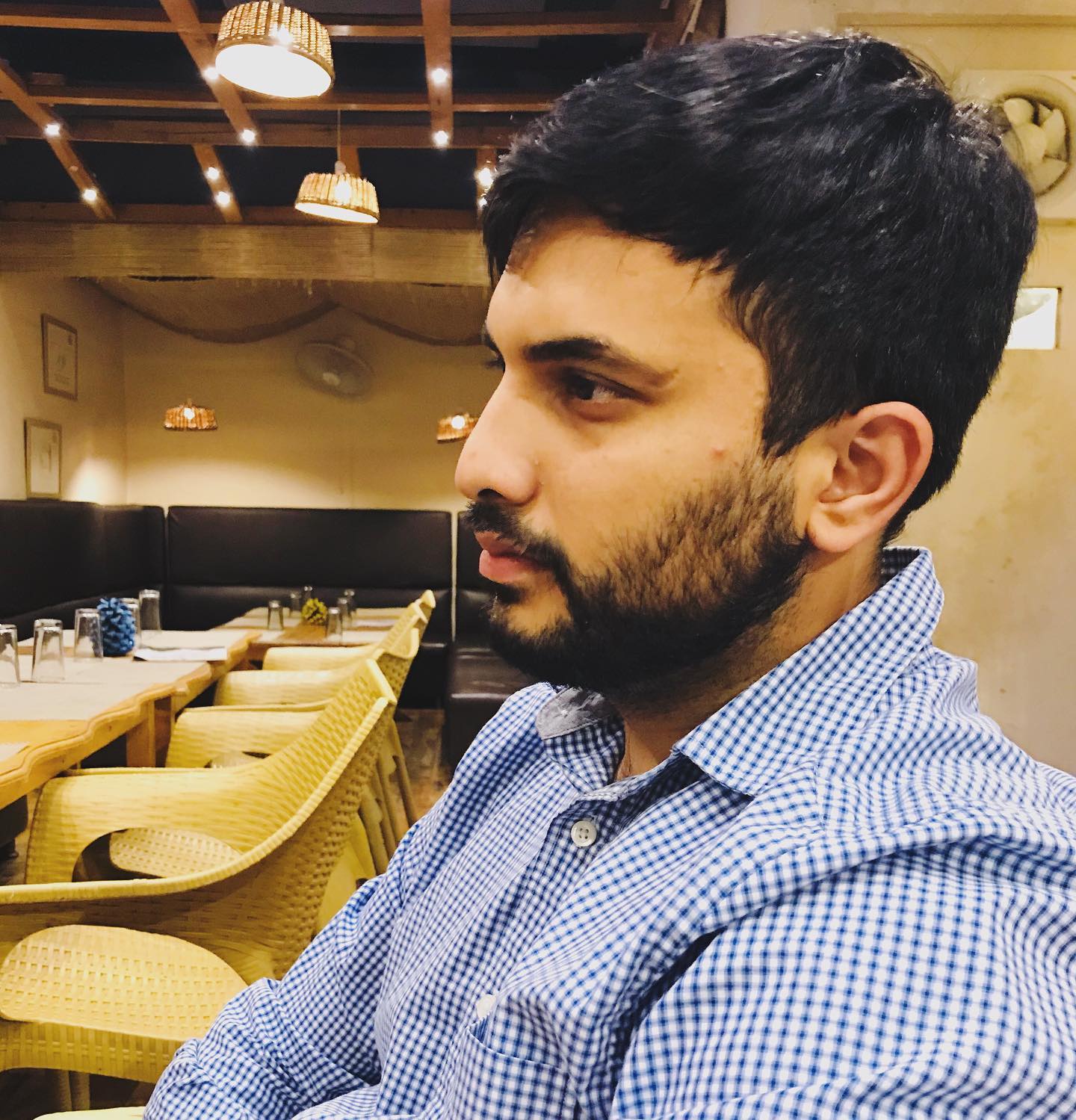Tips for Better Sleep
Tags: sleep

Sleep is often seen as a dull, passive part of our lives, but it's one of the most important things we do daily. During REM (Rapid Eye Movement) sleep, our bodies undergo temporary muscle paralysis, a natural mechanism to prevent us from acting out our dreams. Our ancestors likely dreaded the vulnerability sleep brought, especially in the presence of nocturnal predators.
Thankfully, modern society has mostly allayed these fears. Unless you live in a war-torn region or in extreme poverty, most of us enjoy the luxury of sleeping in a quiet bedroom—even if it's not as lavish as a sultan's palace. The key is that sleep rejuvenates us, preparing our bodies and minds for the challenges of the next day.
Interestingly, during both REM and non-REM (NREM) sleep cycles, dopamine, a neurotransmitter that plays a role in pleasure and reward, is released. This might explain the feeling of refreshment after a good night’s sleep.
Sleep Deprivation: As Dangerous as Being Drunk
Sleep is so crucial that depriving yourself of it has serious consequences. After 24 hours without sleep, your mental and physical performance drops to a level comparable to someone with a blood alcohol concentration (BAC) of 0.10%. For context, the legal limit for driving in the U.S. is 0.08%, meaning being sleep-deprived can impair you just as much as alcohol . 1
How much should we sleep?
According to the U.S. Department of Health and Human Services, adults should aim for at least 7 hours of sleep per night. However, some research suggests that biphasic sleep, which involves a long sleep period at night and a shorter nap during the day, can boost productivity for some people. This is seen in cultures that practice siestas, a short afternoon nap.
While biphasic sleep may work for some, it's important to recognize that REM sleep (Rapid Eye Movement), a critical stage for cognitive function and memory consolidation, typically occurs later in the sleep cycle. So, relying solely on short naps without getting enough consolidated sleep at night will not fully meet your sleep needs.
What Can We Do Before Sleep?
Here are some habits that can help improve the quality of your sleep:
Pink Noise
I listen to pink noise before sleeping. Pink noise has equal power per octave, creating a balanced sound that's often described as more natural than white noise.
Studies have shown that listening to pink noise can improve sleep quality by enhancing deep sleep. 2
Avoid Blue Light from Electronics
Blue light refers to the short-wavelength light emitted from screens like phones, computers, and TVs. Blue light interferes with the production of melatonin, the hormone that regulates sleep cycles. To minimize its effect, you can:
-
Wear blue light-blocking glasses
-
Use apps like f.lux
-
Enable the built-in night mode on your devices, which reduces blue light exposure before bedtime 3
Limit Alcohol, Caffeine, and Nicotine
Alcohol, caffeine, and nicotine are all known to disrupt sleep quality.
- Caffeine can stay in your system for up to 6 hours, making it harder to fall asleep.
- Nicotine is a stimulant, which can increase wakefulness.
- Alcohol, although initially sedating, disrupts later stages of sleep, leading to less restful sleep overall. 4
Avoid Heavy Meals and Sugary Snacks Before Bed
Heavy meals or snacks high in sugar can spike blood sugar levels and disrupt sleep. Although yogurt contains probiotics, which may help gut health, consuming it before bed may not always benefit everyone. Light, balanced snacks are generally better. 5
Use E-ink Devices for Reading
I prefer using a Kindle with an e-ink display, which doesn't emit blue light, for reading before sleep. This is largely a matter of preference, but studies suggest that limiting exposure to bright screens before bed can improve sleep onset.
Morning Sunlight for Biological Clock Regulation
Expose yourself to natural sunlight within 15 minutes of waking. Sunlight triggers signals to your brain that help regulate your circadian rhythm, which controls sleep and wake cycles. 6
Avoid Sleeping Near Low-Frequency Noise
If you live near a windmill or other sources of low-frequency noise, this can interfere with sleep quality. Low-frequency sounds are known to disturb certain people and can cause sleep disturbances. 7
References
-
Williamson, A., & Feyer, A.-M. (2000). Moderate sleep deprivation produces impairments in cognitive and motor performance equivalent to legally prescribed levels of alcohol intoxication. Occupational and Environmental Medicine, 57(10), 649-655. DOI:10.1136/oem.57.10.649 ↩
-
Yoon, S., et al. (2017). Pink noise improves sleep stability. Frontiers in Human Neuroscience. DOI:10.3389/fnhum.2017.00123 ↩
-
Chang, A.-M., et al. (2015). Evening use of light-emitting eReaders negatively affects sleep, circadian timing, and next-morning alertness. Proceedings of the National Academy of Sciences, 112(4), 1232-1237. DOI:10.1073/pnas.1418490112 ↩
-
Roehrs, T., & Roth, T. (2001). Sleep, sleepiness, and alcohol use. Alcohol Research & Health, 25(2), 101-109. ↩
-
Spiegel, K., et al. (2004). Impact of sleep debt on metabolic and endocrine function. The Lancet, 354(9188), 1435-1439. DOI:10.1016/S0140-6736(04)17674-5 ↩
-
LeGates, T. A., et al. (2014). Light as a central modulator of circadian rhythms, sleep, and affect. Nature Reviews Neuroscience, 15(7), 443-454. DOI:10.1038/nrn3743 ↩
-
Berglund, B., et al. (1996). Sources and effects of low-frequency noise. Journal of the Acoustical Society of America, 99(5), 2985-3002. DOI:10.1121/1.414683 ↩
comments powered by Disqus
